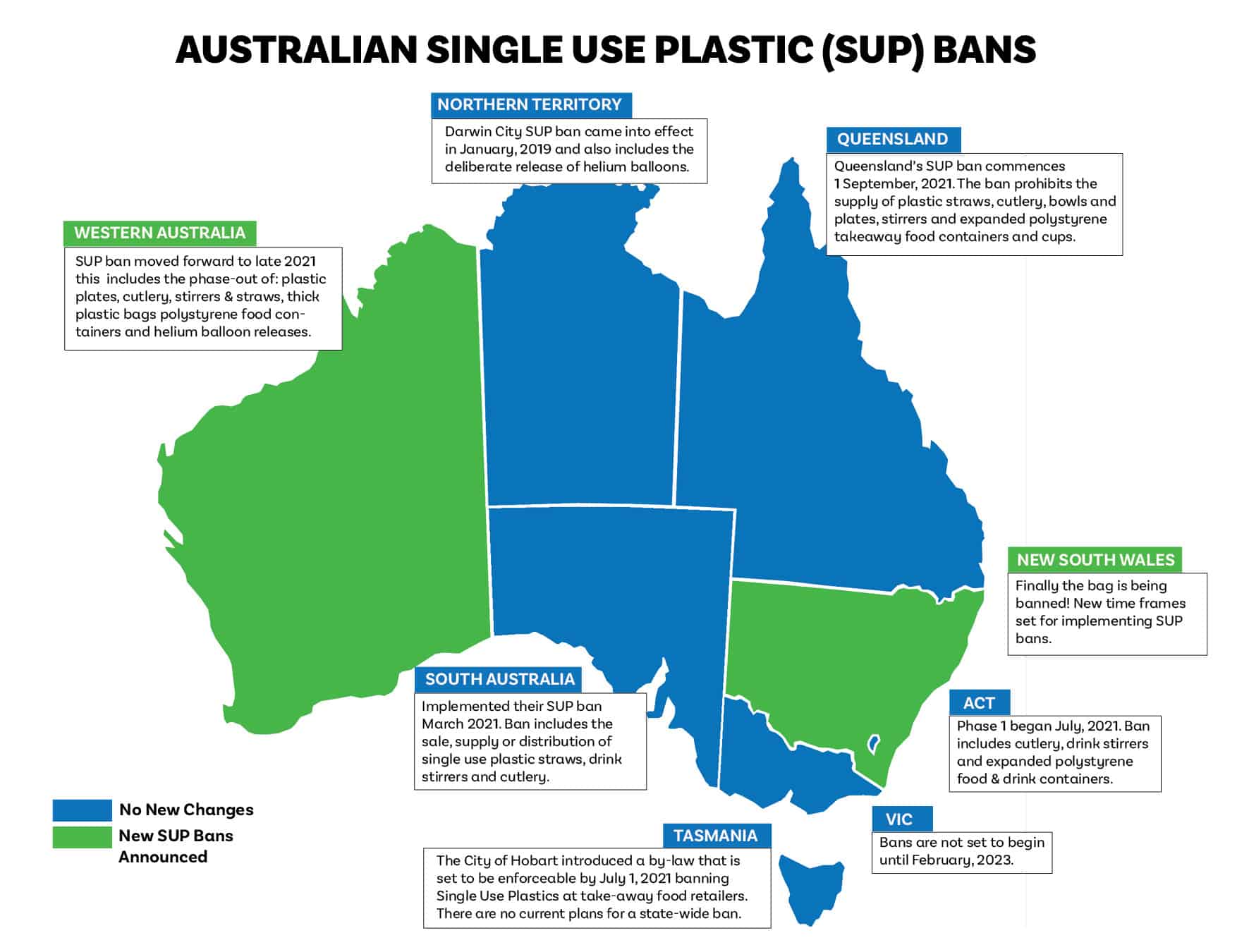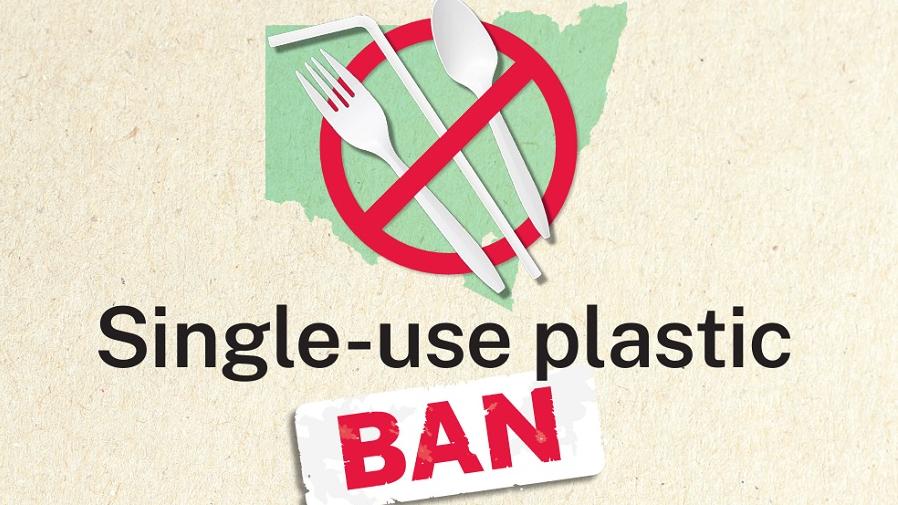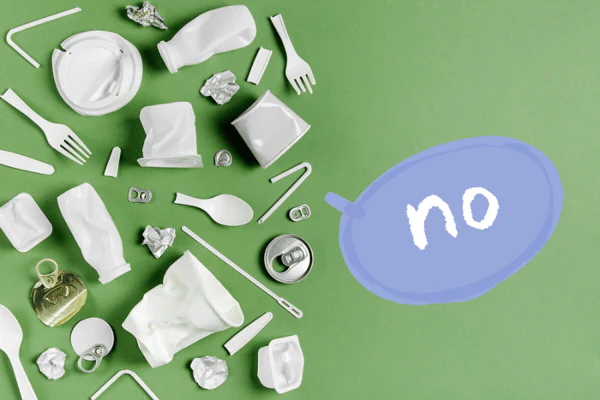Tackling Plastic Pollution: Australia’s Bold Step Towards a Sustainable Future
Australia has implemented a comprehensive single-use plastic ban to reduce plastic pollution and protect the environment. These bans have been implemented at varying timelines across different Australian states and territories. The implementation of these bans and targets is a significant step towards reducing Australia’s environmental footprint and protecting its unique ecosystems.

In a world grappling with the escalating crisis of plastic pollution, Australia has emerged as a beacon of hope, spearheading a comprehensive single-use plastic ban that stands as a testament to its unwavering commitment to environmental sustainability. This groundbreaking initiative, encompassing a wide range of single-use plastic items, from lightweight shopping bags to plastic straws and polystyrene cups, signifies a bold step towards reversing the tide of plastic waste that has inundated our planet.
Australia’s leadership in tackling plastic pollution is not merely a symbolic gesture; it is a clarion call to action, urging other nations to recognize the urgency of this global environmental challenge. The pervasive presence of plastic waste in marine ecosystems, endangering wildlife and disrupting delicate habitats, serves as a stark reminder of the far-reaching consequences of our unchecked consumption. Microplastics, insidious fragments of plastic debris, have infiltrated our food chain, posing potential health risks that cannot be ignored.
What is Single-Use Plastic Ban?
Recognizing the urgency of addressing plastic pollution, governments worldwide have taken action, implementing single-use plastic bans in varying forms and scopes. Some countries have adopted comprehensive bans, prohibiting a wide range of single-use plastic items, while others have focused on specific items, such as plastic bags or straws.
Europe leads the way in single-use plastic bans. In 2019, the European Union (EU) implemented a directive banning single-use plastic items such as straws, cutlery, plates, and cotton bud sticks. This directive has been phased in across EU member states, with many countries implementing full bans by 2021.
Other countries have also taken significant steps to reduce single-use plastic. Canada, for instance, has banned plastic bags in many provinces and territories, and some cities have implemented bans on plastic straws and cutlery. India has a comprehensive ban on plastic bags, which has been in place since 2002.

Australia’s Single-Use Plastic Ban: A Leading Example
Australia has emerged as a global leader in the fight against single-use plastic pollution. In 2018, the country implemented a phased ban on lightweight plastic bags, with all states and territories adopting the ban by 2022. In 2021, Australia expanded its ban to include a wider range of single-use plastic items, including plastic straws, stirrers, cutlery, polystyrene cups, plates, bowls, trays, and cotton bud stems. The implementation of single-use plastic bans has had a positive impact on reducing plastic waste and protecting the environment. Studies have shown that bans on plastic bags have led to a significant decrease in plastic bag litter. However, challenges remain in ensuring the effective implementation of these bans and educating consumers about sustainable alternatives.
Australia has implemented a comprehensive single-use plastic ban to reduce plastic pollution and protect the environment. The ban encompasses a wide range of plastic items, including:
-
Lightweight plastic shopping bags (less than 35 microns thick)
-
Plastic straws, stirrers, and cutlery
-
Polystyrene cups, plates, bowls, and trays
-
Cotton bud stems
-
Microbeads in personal care products
These bans have been implemented at varying timelines across different Australian states and territories. For instance, the ban on lightweight plastic bags took effect in all states and territories except Western Australia between 2018 and 2022. Western Australia implemented its ban in 2018.
To effectively implement these bans, the Australian government has taken several steps:
-
Legislation: The government has enacted legislation at the national level, the Environment Protection and Biodiversity Conservation Act 1999, which provides the framework for regulating plastics and other waste materials.
-
Collaboration with States and Territories: The federal government collaborates closely with state and territory governments to ensure consistent implementation and enforcement of the bans across the country.
-
Public Awareness Campaigns: The government has launched public awareness campaigns to educate Australians about the bans and encourage them to adopt sustainable alternatives to single-use plastics.
-
Support for Businesses: The government has provided support and incentives to businesses to help them transition to sustainable packaging and products.
-
Monitoring and Enforcement: The government monitors the effectiveness of the bans and enforces them through penalties for non-compliance.
-
International Cooperation: Australia actively participates in international efforts to address plastic pollution, sharing its experiences and collaborating with other countries to develop global solutions.
These measures have contributed to a significant reduction in single-use plastic consumption in Australia. The country has also made progress in developing innovative alternatives to single-use plastics, such as biodegradable packaging and reusable products.
Australian Single Use Plastic Bans by State
| State/Territory | Plastic Items Banned | Implementation Date** |
|---|---|---|
| New South Wales | Plastic straws, stirrers, cutlery, plates, bowls, expanded polystyrene food and beverage containers, single-use plastic cotton bud sticks, microbeads in personal care products | November 1, 2022 |
| Queensland | Plastic straws, drink stirrers, cutlery, plates, bowls and polystyrene food & beverage containers | September 1, 2021 |
| South Australia | Plastic bowls (designed not to have a lid), single-use plastic plates, cotton bud stems with plastic stems and plastic pizza savers | September 1, 2021 |
| Tasmania | Plastic straws, stirrers, cutlery, plates, bowls, expanded polystyrene (EPS) food and beverage containers | November 5, 2021 |
| Victoria | Plastic straws, stirrers, cutlery, plates, bowls, expanded polystyrene (EPS) food and beverage containers, single-use plastic cotton bud sticks | November 1, 2021 |
| Western Australia | Disposable plastic coffee cups (excluding AU-certified lined paper cups), cup lids and seals (hot and cold drinks), plastic trays for takeaway food, produce bags for fresh fruit and vegetables, including compostable plastic produce bags | March 1, 2024 |
| Northern Territory | Plastic straws, drink stirrers, cutlery, plates, bowls | July 1, 2022 |
| ACT | Plastic straws, stirrers, cutlery, plates, bowls, expanded polystyrene (EPS) food service items, plastic cotton bud sticks, microbeads in cosmetics | November 1, 2022 |
The specific items banned and the implementation dates vary from state to state. The Australian government is also working to develop a national ban on lightweight plastic bags. This ban is expected to be implemented in 2023.

Why Should You Choose BN Packaging?
In the wake of the plastic ban in Australia, the importance of sustainable alternatives is more apparent than ever, and BN Packaging stands out as the premier choice for those seeking eco-friendly solutions. While traditional plastics contribute significantly to environmental degradation, BN Packaging offers a diverse range of products crafted from responsibly sourced, renewable materials like sugarcane pulp, bagasse, and bioplastics. These alternatives not only provide the durability and functionality expected from packaging materials but also align with the evolving eco-conscious values of businesses and consumers. By choosing BN Packaging, you’re not just embracing a plastic-free option; you’re making a statement for a cleaner, greener future, contributing to the global effort to reduce plastic waste and foster a more sustainable planet.
Conclusion
Australia has taken a significant step towards reducing plastic pollution and protecting the environment by implementing comprehensive single-use plastic bans across all states and territories. These bans have been phased in over time, with different states implementing bans on different items and at different dates. However, the overall trend is clear: Australia is committed to reducing its reliance on single-use plastics and transitioning to a more sustainable future.
The Australian government’s approach to tackling plastic pollution has been multifaceted, encompassing legislation, public awareness campaigns, business support, monitoring and enforcement, and international cooperation. This comprehensive approach has contributed to a significant reduction in single-use plastic consumption in Australia.
Australia’s leadership in this area is commendable and serves as an example for other countries to follow. As the global community continues to grapple with the plastic pollution crisis, Australia’s experience demonstrates that effective action is possible and that positive change can be achieved through collaboration, innovation, and a commitment to sustainability.
